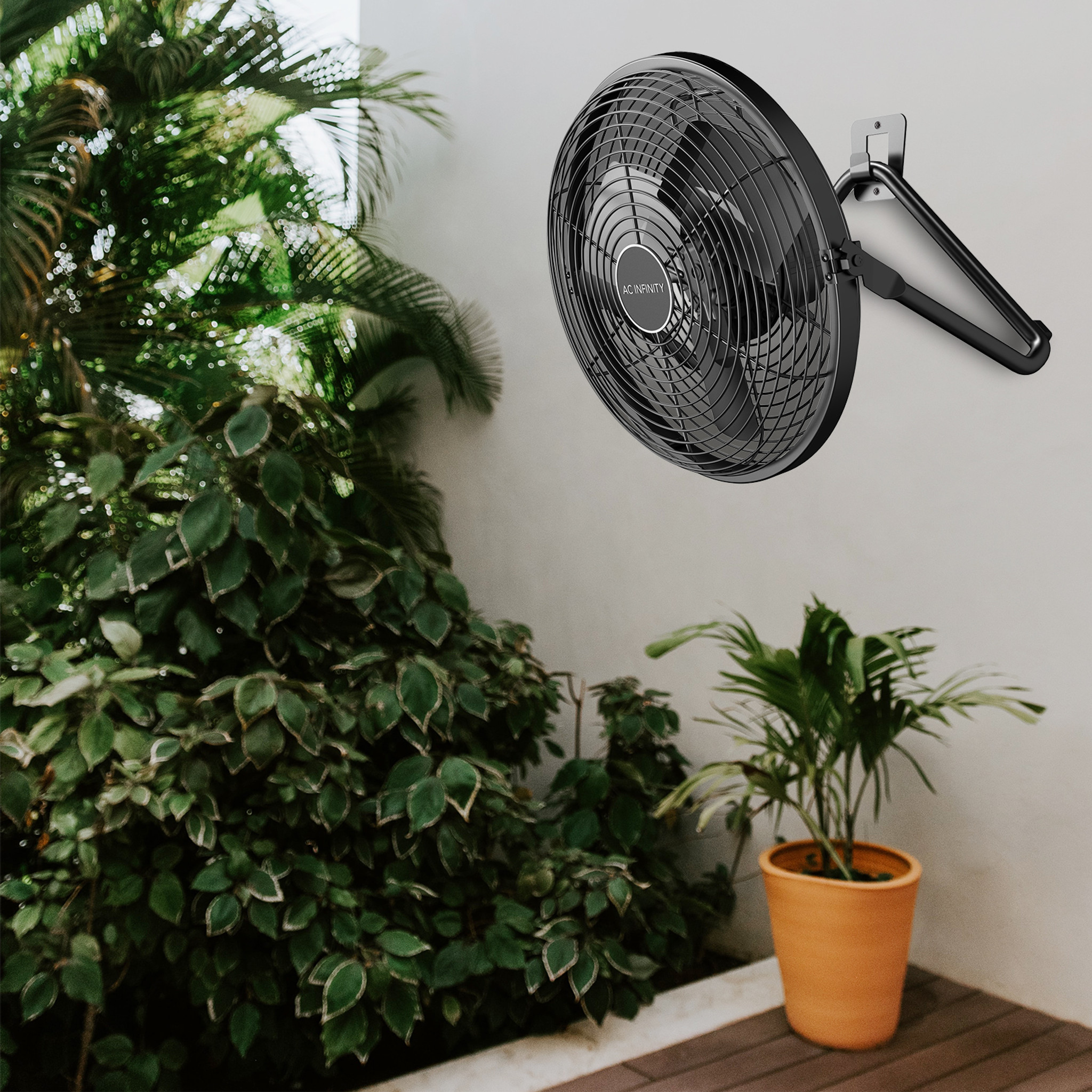In industrial workspaces, ensuring optimal comfort for employees is not just a luxury; it directly impacts productivity, safety, and overall well-being. Ventilation and airflow are important components of the many elements that affect workshop comfort. A welding fume extractor, essential for maintaining air quality in workshops where welding activities are performed, should be considered alongside workshop fan to ensure a safe and healthy working environment. High-performance fans are integral to achieving efficient airflow and maintaining a comfortable working environment. In this article, we delve into the importance of fan selection in optimizing workshop comfort and productivity.
Understanding Workshop Comfort
Industrial workshops often face high temperatures, humidity, and airborne pollutants. Without proper ventilation and air circulation, these conditions can lead to discomfort, fatigue, and even health issues among workers. Consequently, businesses must prioritize creating a conducive environment that promotes employee well-being and productivity.
The Role Of High-Performance Fans
High-performance fans are designed to move large volumes of air effectively, making them essential for improving airflow and ventilation in workshops. These fans come in various types, including ceiling, wall-mounted, pedestal, and industrial exhaust fans, each suitable for different workshop layouts and requirements.
Factors To Consider In Fan Selection
To guarantee optimum performance and efficiency, choosing the correct fan for a workshop requires taking into account a number of factors:
1. Airflow Capacity:
The fan’s capacity, expressed in cubic feet per minute (CFM), dictates how well it can move air around the workstation. Assessing the workshop’s size and airflow requirements is crucial in choosing a fan with a sufficient CFM rating.
2. Fan Type:
Different fan types offer unique benefits and are suitable for specific applications. Ceiling fans are ideal for circulating air evenly throughout large workshops, while wall-mounted fans provide targeted airflow in specific areas.
3. Durability And Reliability:
In industrial environments, fans are subjected to harsh conditions, including dust, moisture, and high temperatures. Choosing fans made of sturdy materials like aluminum or stainless steel guarantees dependability and lifespan while requiring minimal upkeep.
4. Energy Efficiency:
Energy-efficient fans reduce operational costs and contribute to sustainability efforts. Seek out fans with brushless DC motors and variable speed settings, or those with high Energy Star ratings or other energy-saving features.
5. Noise Level:
Excessive noise from fans can disrupt concentration and create a stressful work environment. Choosing fans with low noise levels ensures minimal disturbance while maintaining optimal airflow.
6. Installation And Placement:
Proper installation and placement of fans are crucial for maximizing their effectiveness. Consider the mounting height, angle, and distance from obstructions to achieve optimal airflow distribution.
Benefits Of High-Performance Fan Selection
Optimizing workshop comfort through high-performance fan selection offers numerous benefits:
1. Improved Air Quality:
Good air circulation improves indoor air quality and makes the workplace healthier for workers by removing dust, odors, and other airborne pollutants.
2. Temperature Regulation:
Proper airflow helps regulate temperatures, preventing hot spots and maintaining a comfortable working environment throughout the workshop.
3. Enhanced Productivity:
A comfortable workspace promotes employee satisfaction and productivity by reducing fatigue, improving concentration, and minimizing the risk of heat-related illnesses.
4. Cost Savings:
Energy-efficient fans consume less electricity, resulting in lower utility bills and long-term business cost savings.
5. Compliance With Regulations:
Occupational health and safety regulations often mandate adequate ventilation and airflow to ensure a safe working environment. High-performance fans help businesses effectively meet these compliance requirements.
Conclusion
In conclusion, choosing high-performance fans to maximize workshop comfort is an essential step in establishing a safe and effective work environment. Businesses can choose fans that meet their specific requirements and contribute to employee well-being and productivity by considering airflow capacity, fan type, durability, energy efficiency, and noise level. Investing in quality fans improves airflow and ventilation and offers long-term benefits in terms of cost savings, compliance with regulations, and employee satisfaction. Ultimately, prioritizing workshop comfort is essential for fostering a positive work culture and achieving optimal performance in industrial settings.



